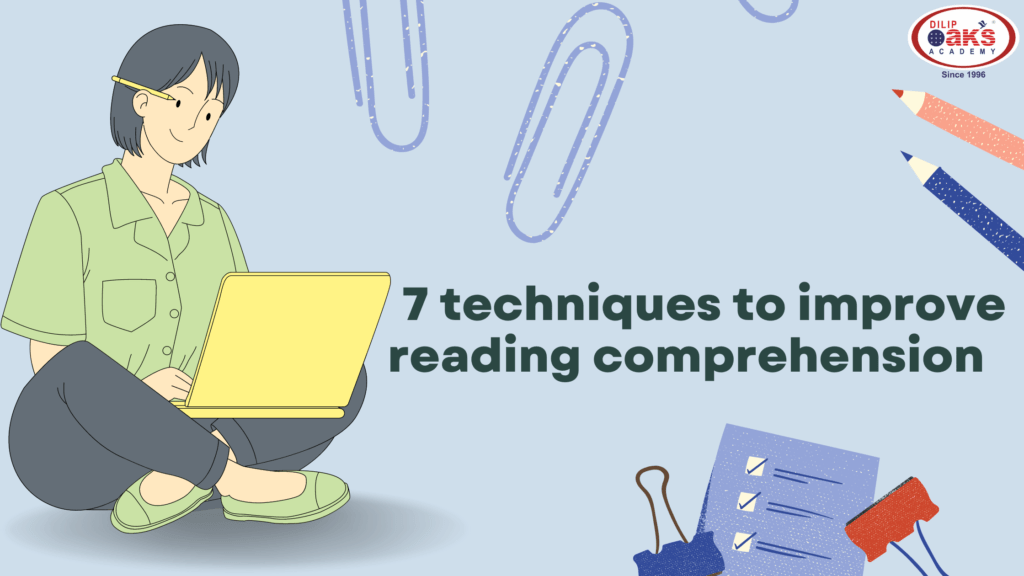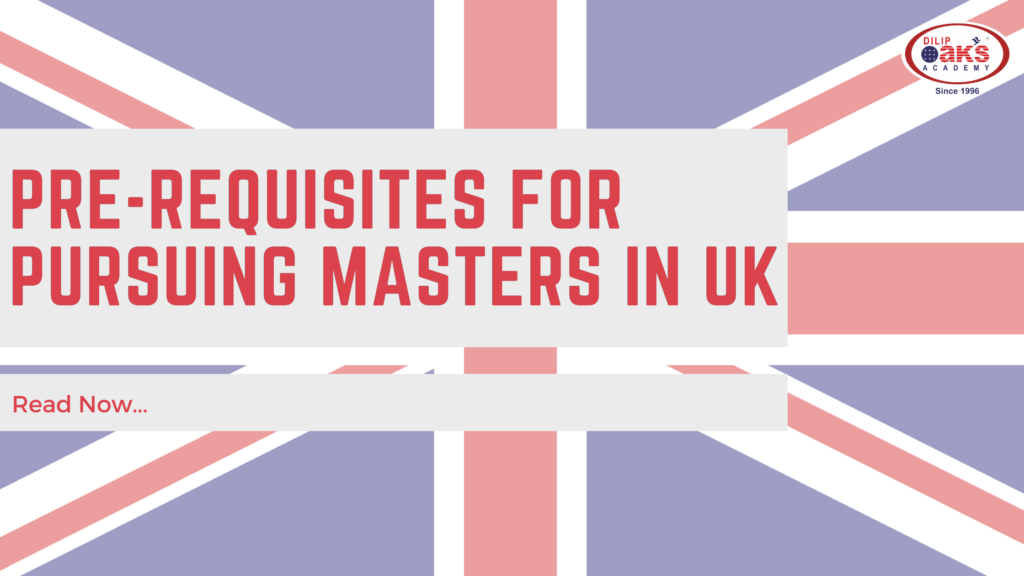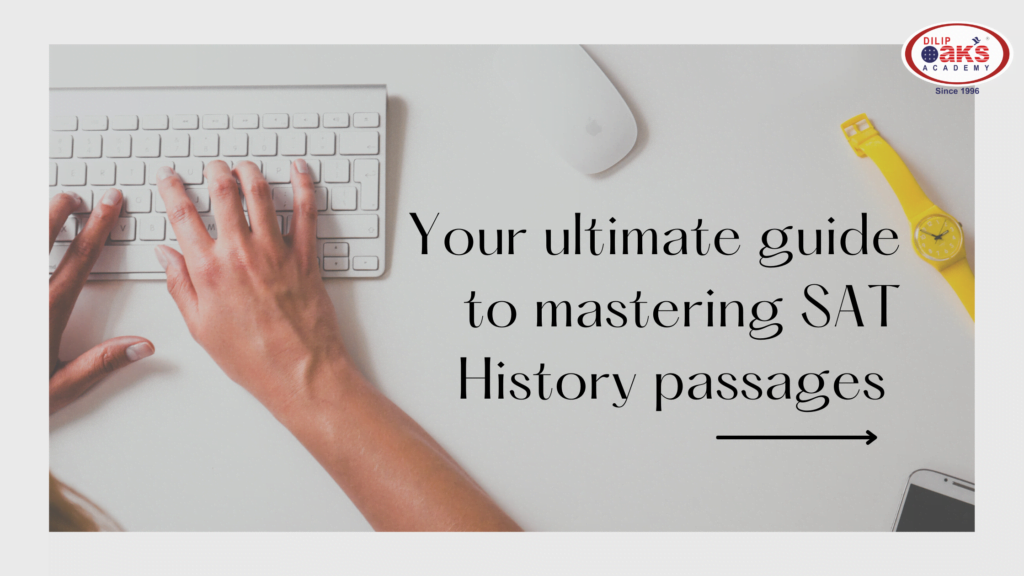After applying successfully for the Fall 2023 intake of your dream American university, many of you might be busy planning to arrange the finances for the program, right? Applying for a student loan is one such popular option preferred by many students and their parents. However, it is necessary to have the right advice before making a choice.
This article is aimed to give you a broad overview of the student loan process and will also answer many of your queries about the same. So, let’s get started!
What is an education loan?
An education loan is funds borrowed from a bank or a financial institution to cover the cost of tuition fees, allied expenses such as living and insurance costs.
Who is eligible for an education loan?
The eligibility for availing loan is determined by each bank/ institution independently, and several variations can be seen in them. However, the common requirements are as below:
- The applicant and co-applicant should be citizens of India over 18 years of age
- The student should have secured a minimum of 50% marks in HSC, and a bachelor’s degree
- The student should have a confirmed admission from an overseas university (if applicable)
- The co-applicant should have a regular source of income
What is the maximum amount of loan one can avail of?
There is no straightforward answer to this question, as it depends on many factors. But, many institutions offer loans with no upper limit if the collateral is provided. In the case of unsecured loans, usually, the upper limit would be around 45 to 50 lakhs.
What are the applicable interest rates on education loans?
Various institutions, including public and private sector banks, offer a range of choices to students aspiring for education loans. Most of these loan schemes have a floating rate of interest calculated based on the repo rate and a spread decided by the respective institution. The interest rates are generally seen to move from 9.55% to 13%. In addition, a few nationalized banks also offer a concession of 0.5% for women students. However, please note that every institution has a different schedule for revising the rates; , it is advised to consult the representatives of such organizations to find out the exact cost of the loan.
What is the tenure of a student loan?
Education loan is generally offered for a period ranging from 10 to 14 years.
How much time is required for the processing of an education loan?
Under normal conditions, student loans are processed in 15 to 25 days.
How to repay an education loan?
The terms of repayment of an education loan vary from bank to bank, and it is difficult to generalize them. But, as a common practice, a grace period of 6 to 12 months is provided after completion of the program.
Documents required for applying for an education loan:
- Duly filled application form
- Passport-sized photographs of the applicant and the co-applicant
- Photo ID: PAN/ Passport/ Driving License/ Aadhaar / Voter ID of the applicant and co-applicant
- Residence proof: Passport / Driving License/ Aadhaar / Voter ID of the applicant and co-applicant
- Academic documents:
- HSC Mark sheet
- Mark sheet of subsequent years of graduation
- Mark sheet of entrance exams like GRE, IELTS, TOEFL etc.
- Scholarship documents (if applicable)
- Proof of admission: Printed admission letter from the college or university (if applicable)
- Bank statements of co-applicant: Usually statements of the last 8 to 12 months
- Income proof of co-applicant:
- For a salaried person:
- The last three salary slips
- Form 16 of the last two years
- For a self-employed person:
- Income Tax returns of the last two years
- Financial statements of the last two years certified by CA
- Proof of office (Lease deed, a Title deed, Utility bill etc.)
- Collateral documents:
- Property title deed
- 7 / 12 extracts in case of land
- Registered sale agreement etc.
The list shown above is representative only. The requirements may vary depending on the financial institution under consideration. Thus, it is always better to cross-check the requirements from the authorized representative of the concerned organization.
Additional Information:
Can I apply for a loan even if my admission is yet to be confirmed?
Fortunately, the answer to this question is yes! Almost all banks accept loan applications even if admission to a university still needs to be confirmed or is in process. In such a case, the application is assessed based on the overall student profile, including academic performance and other criteria, such as the credit profile of the co-applicant. The bank may also approve the loan by issuing a sanction letter with the condition that the admission must be confirmed before its disbursal.
Is there any tax benefit on availing of student loans?
Yes. Under section 80E of the Income Tax Act of India 1961, an individual can claim a tax deduction on the interest paid on such loans. The maximum deduction that one can obtain is Rs. 40,000.
What is acceptable as collateral?
Collateral acceptable is either a movable asset or an immovable property. Financial assets such as fixed deposits in the respective bank are acceptable in the former category. The latter category of immovable property includes a flat, a house or a plot of non-agriculture land.
I hope this clears most of your doubts about education loans. I wish you all the very best!









